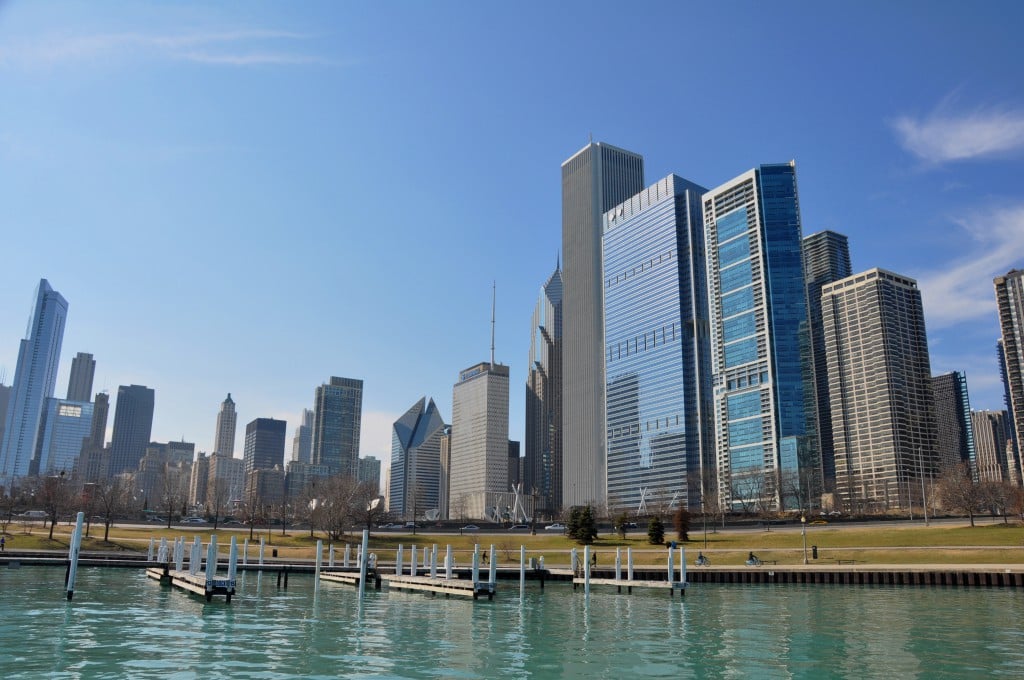On July 15, 2020, the US Department of State (“State Department”) updated its guidance (“Updated Guidance“) regarding the implementation of Section 232 of Title II of the Countering America’s Adversaries Through Sanctions Act (“CAATSA” see our previous blog post on CAATSA here and our previous blog post on the 2017 State Department guidance on CAATSA Section 232 here). The Updated Guidance expands the scope of CAATSA Section 232 to target certain investments or other activities related to the Nord Stream 2 and TurkStream pipelines.
By way of background, CAATSA Section 232 authorizes the State Department to impose discretionary sanctions on persons who knowingly, on or after August 2, 2017 (1) made an investment that directly and significantly enhances the ability of Russia to construct energy export pipeline projects initiated on or after August 2, 2017; or (2) sold, leased, or provided goods or services that directly and significantly facilitate the expansion, construction, or modernization of such energy export pipelines by Russia, and where the investment or transaction has a fair market value of $1,000,000 or more, or that, during a 12-month period, has an aggregate fair market value of $5,000,000 or more. To date, the State Department has not imposed sanctions on any parties pursuant to CAATSA Section 232.
In the 2017 guidance, the State Department had previously stated that the focus of implementation of CAATSA Section 232 was limited to Russian energy export pipeline projects for which a contract was signed on or after August 2, 2017, effectively exempting the Nord Stream 2 and the second line of TurkStream because the contracts for the projects were signed before August 2, 2017. However, the Updated Guidance deleted this portion of the 2017 guidance and clarified that “the focus of implementation [of CAATSA Section 232] will include Russian energy export pipelines such as Nord Stream 2 and the second line of TurkStream.”
The new FAQs included in the Updated Guidance provide some parameters about which activities could be targeted under CAATSA Section 232:
- Persons that are involved in activities on or after July 15, 2020 that are ordinarily incident and necessary to the maintenance of operations or contracts for Nord Stream 2 or the second line of TurkStream (e.g., persons facilitating the construction or deployment of the pipelines such as financing partners, pipe-laying vessel operators, and related engineering service providers) would be exposed to the risk of being sanctioned under CAATSA Section 232.
- Sanctions will not be imposed for activities that qualify as “wind down” activities or which are undertaken prior to July 15, 2020, provided such activities were consistent with the public guidance in effect prior to July 15, 2020.
- Consistent with the 2017 guidance, implementation of CAATSA Section 232 will not target investments or other activities related to the standard repair and maintenance of pipelines in existence on, and capable of transporting commercial quantities of hydrocarbons, as of August 2, 2017.
- CAATSA Section 232 could be used to target activities where a company is providing financing or goods/services to the Nord Stream 2 or the TurkStream pipelines pursuant to a new contract signed on or after July 15, 2020, or it is continuing to provide goods/services on a consistent, ongoing basis to such projects pursuant to an existing contract. However, to the extent financing or goods/services have been provided prior to July 15, 2020 (and such activities were consistent with guidance in effect at the time), this would not appear to be covered by CAATSA Section 232.



